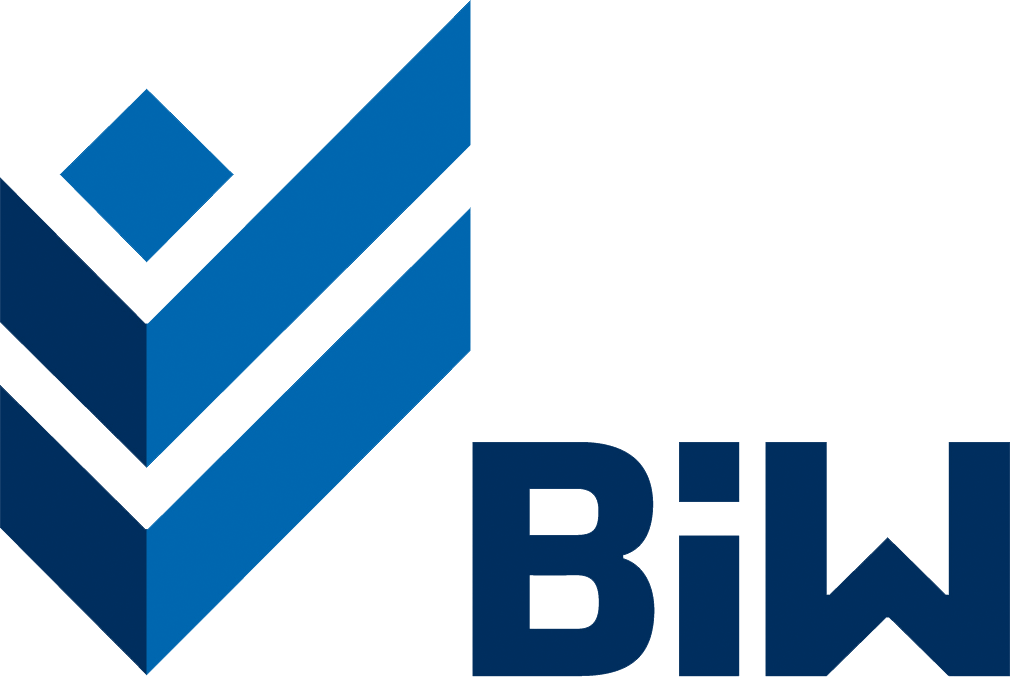
Our primary service areas
Career progression
Career progression is a two-sided process:
- On the one hand, there are young people who want to explore their interests, competences, and goals.
- On the other hand are the demands of the work environment which require a specific skillset and mindset.
We help young people to better orient themselves professionally. Through internships and career-oriented events, they can narrow down their areas of interest and gain initial insights into the various training areas of the construction industry.
Through close collaboration between our social workers and training staff we ensure the best possible career progression for our students.
Training
In the dual training, there is a third place of learning besides the companies and the vocational institutions - the inter-disciplinary vocational training centers (ÜBS). They supplement on-the-job training with practical coursework.
The main objective of the inter-disciplinary vocational trainingis is to support the training provided by companies and voactional institutions in order to develop the professional competencies of trainees through practical training measures.
To achieve our goals we have the following objectives:
- Broadening basic vocational training
- Deepening and intensifying specialized training
- Facilitating training readinss by offering special courses that bridge the gap between a person's abilities and their future on-the-job training, in order to ensure better job prospects
- Aligning training on technological, economical, environmental, and social progress
- Assuring and improving the quality of training through:
- the use of practical teaching and learning methods
- employing qualified trainers
- actively seeking out and promoting training co-operations with other educational institutions in the sector
As an inter-disciplinary training center, we provide training for the following occupations:
Skilled Interior Construction Worker; Tile, Slab and Mosaic Layer; Plasterer; Drywall Construction Fitter; Carpenter; Skilled Building Construction Worker; Concretor; Bricklayer; Skilled Civil Engineering Worker; Track Layer; Conduit Builder; Pipe Fitter; Road Construction Worker; Road Maintenance Worker; Construction Equipment Operator; Mechanic for Agricultural and Construction Machinery; Recycling and Waste Management Technician; Water Supply Technician; Pipe, Conduit and Industrial Service Technician; Plant Mechanic; Draftsman; Precast Concrete Parts Worker; Miner and Mining Machine Operator; Industrial Electrician; Industrial Electronics Technician; Timber and Building Preservation Expert; Timber and Building Preservationist; Industrial Management Assistant
Further education
Further education is necassary to supplement existing skills as well as developing new ones. Here employees not only have the chance to learn specific skills, but also to broaden their work opportunities. Lifelong learning ensures that companies and employees can consistently adapt to an ever-expanding competitive work environment. This in turn increases the quality of work and working life.
We offer multiple qualifications, such as:
- Engineering and sales and administrative education
- Specialized further qualifications
- Operator authorizations and licenses
- Recognized examinations & certificates (among others, IHK, TÜV, …)